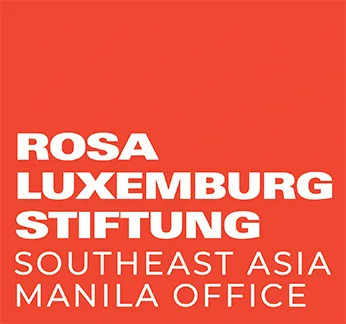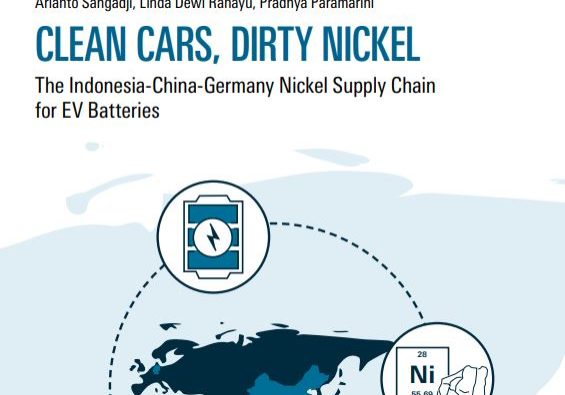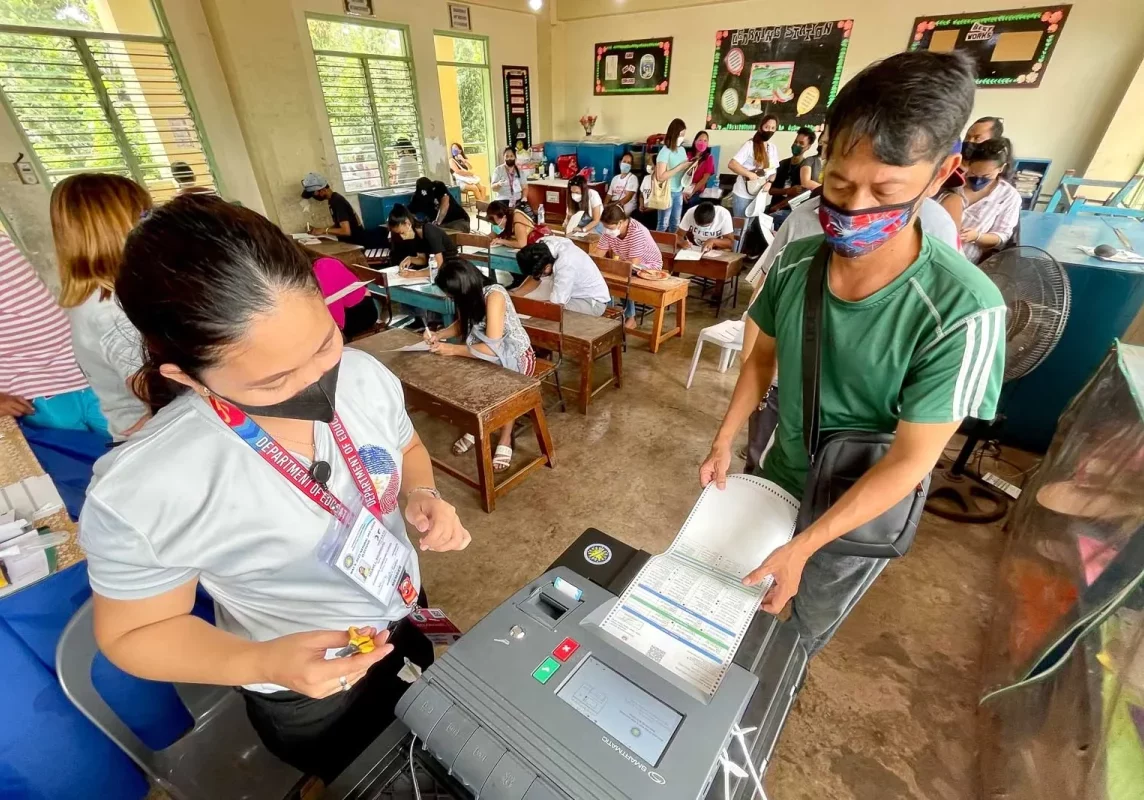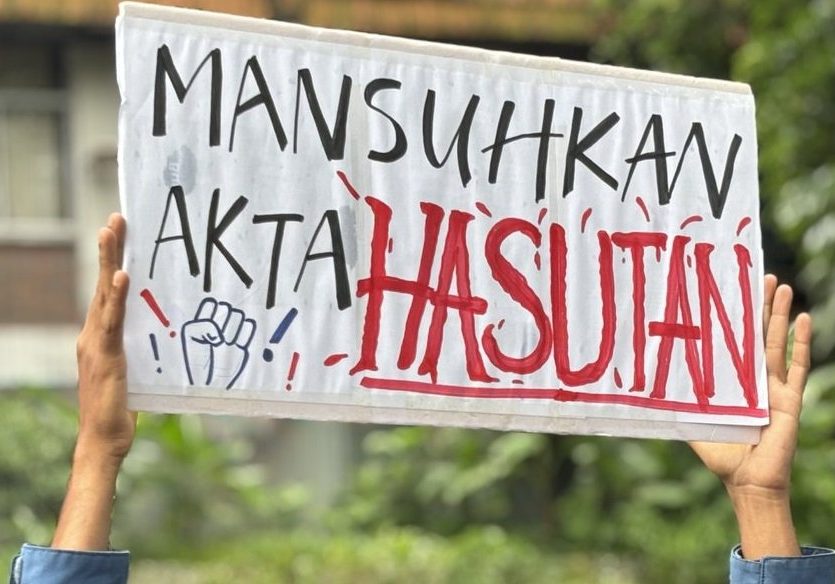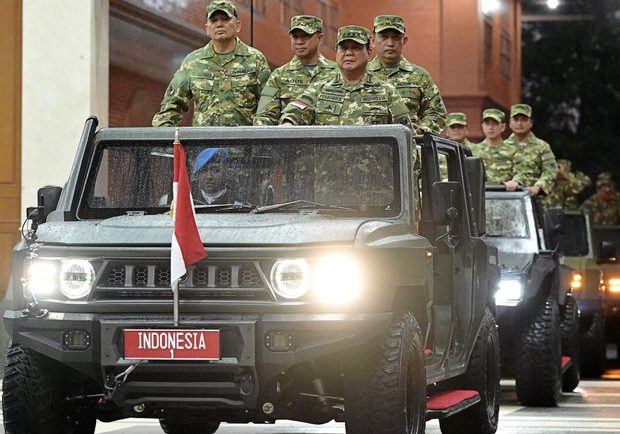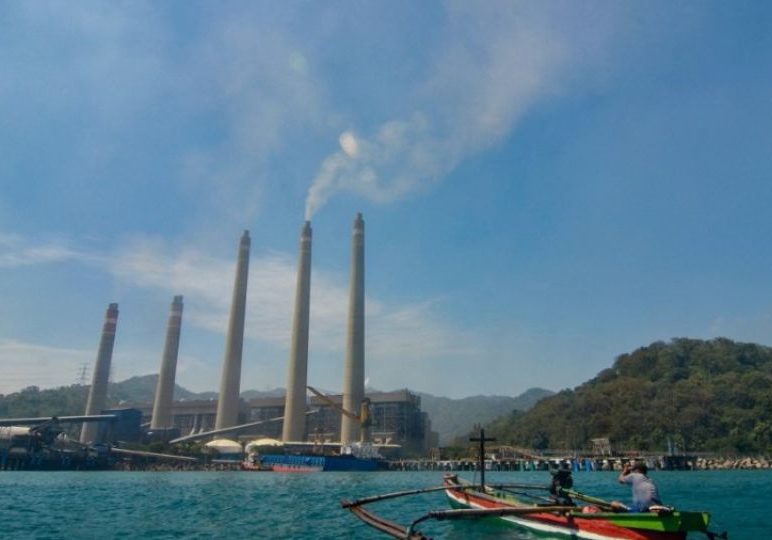Share

Josua Mata is the Secretary General of SENTRO, a progressive multi-sector trade union alliance in the Philippines. The text presented here is an excerpt from a conversation that Liliane Danso-Dahmen, regional director of the RLS office in Manila, had with Josua in October 2023. This conversation breaks down the role of the European Union (EU) in advancing or derailing the rule of law in the Global South. The GSP+ and the German Supply Chain Due Diligence Act are promising mechanisms that promote compliance to international human and labor rights conventions with its trade partner countries. Josua argues that with EU representing the capitalist interests through its Free Trade Agreements (FTA), there are doubts on whether the Global South can truly stand to gain from such arrangements.
What are your general ideas about the European Union as an institution? What would you criticize? What would need reform for the EU to be a progressive political actor?
That's a very big question. We probably need an entire week to discuss that. The short response that I can immediately think of is that we'd like to see a European Union (EU) that is more democratic. I haven't seen the EU as a real democratic institution. I see the EU as an effort for countries to band together, but it's run mainly in the interest of the capitalist class. I see the EU parliament being very progressive, taking on many cases with very progressive positions. But the European Council doesn't even listen to the parliament, so in that sense, that's one of the biggest problems I see in the EU.
Which part of this large organization do you think should be reformed first?
From the view of someone looking at the EU from the Global South perspective, I do believe that if you want to achieve more democratic mechanism in Europe, it is pretty important that the European Parliament does have some political power over decision-making processes. Many of the decisions are taken on by a few executives, such as the European Commission and the European Council. The executives run the EU practically on behalf of the capitalist class. That's my understanding. That could be wrong, but I would like to see parliamentarians, European parliamentarians, having a clear say on how EU should do things.
For example, at the height of the Duterte administration’s atrocious war on drugs, the EU parliament came very, very strongly in support of human rights for the Philippines. And yet none of those resolutions made a dent -in the attitude and policy-making of the council, because they just suspended the free trade agreement (FTA), which is on the list of what they could do. But then they continued tiptoeing around Duterte because of diplomatic concerns. They kept tiptoeing, and they continued providing us with GSP+ benefits, completely ignoring the fact that the + in the GSP+ is about human rights, and there was practically no human rights during the time of Duterte.[1] And yet, we continue to enjoy GSP+ up to today.
For our readers who are not familiar with specific trade agreements at the EU level, could you please briefly tell us what GSP+ stands for?
That's the trade policy of the EU. It's basically a policy that gives zero tariffs to the products of many developing countries like the Philippines. The plus thing about GSP+ is that it's something that we support because the GSP+ requires that all countries that are supposed to benefit from this program adhere to several conventions, including the ILO conventions. Now, clearly many of the human rights conventions that the GSP+ monitors, including the convention, have been flagrantly violated by Duterte, and yet none of it triggered a review of the GSP+ benefits that the EU gives the country. So that makes us wonder: What is the purpose of the “plus” if the EU does not pressure the Philippine government to ensure the implementation of the ILO conventions and the protection of human rights in our country? That's really problematic.
I remember I met with the monitoring body of the GSP+, who comes to the Philippines periodically. It was during the height of the war on drugs period between 2016 and 2018, when we (from SENTRO) were meeting with the monitoring body for the GSP+ and we asked them precisely when do they intend to review the GSP+ benefits of the country? At that time, there were already around 10,000 people who were killed in the war on drugs. Do you know what the EU representative from that monitoring body said to us? “Well, you know, the problem with the data is that some say it's 2000 deaths. Some are saying it's 10,000 victims, so you need to know how many deaths actually happened.” That was a horrendous response. How many deaths do you want before you would even start reviewing the benefits?
Now that we're talking about trade relations, preparations have started again for the conclusion of the European free trade agreement with the Philippines. What do you expect from these? The European side claims that environmental and social standards in the contracting partner countries would be improved through the free trade agreements. What is your opinion? Would perhaps at least this institution of the European Union be an advantage for organizations like SENTRO?
The FTA would essentially constrain our capacity to do domestic regulation. It would contain an extension of intellectual property rights to protect the interest of the big pharma. Many of them are from Europe, particularly from Germany. An FTA would have negative environmental and negative impacts on workers, particularly on jobs.
However, we from SENTRO are particularly concerned that the EU is restarting negotiations on a free trade agreement with the Philippine government under Ferdinand Marcos Jr. administration. Because the policies and the institutions that are that have allowed or that have paved the way for the horrendous human rights violations of the previous administration are still in place. The fact that they're starting to do scoping exercises for the EU-Philippine FTA is evidence that the EU has fallen into the trap of believing that the Marcos administration is not to be blamed for the sins of the previous administration. Now, that's a bit problematic for me because the Marcos administration has never done anything to roll back any of the policies that have led to the war on drugs. It has not done anything to remove the institutions that have paved the way for the trade union and human rights violations that we had, particularly the trade union repression. Despite all these things, the EU is once again starting to negotiate an FTA with the Philippines, it sends a message that now, finally the Philippines is okay. So, I think it's a big mistake for the EU to start believing in the propaganda line of the Marcos administration that it is better. That's a problem.
Do you have any idea what could make a change?
In the first place, we feel that the EU-GSP+ should have an effective mechanism where people from the countries who enjoy GSP+ benefits can lodge complaints. Civil society organizations, trade unions, NGOs would need access to file complaints, particularly human rights violations, specifically violations of all the conventions the Philippines should adhere to under the GSP+ mechanism.
However, that's in the GSP+, not in the FTA. The Free Trade Agreement is a whole different animal. This is why we will continue to be very concerned about this free trade agreement because it will be negotiated secretly. It will be negotiated without any meaningful participation from people who are supposed to be affected like us.
Let us talk a bit about the German Supply Chain Law, because it's in preparation to bring this mechanism to the European level. What is your perspective on this?
I think due diligence laws like, for example, the supply chain law of Germany are steps in the right direction. But appreciate them more as an opening, an opportunity, if you like, for all of us to raise our concerns about the violations of transnational corporations, particularly those based in EU and Germany specifically. Many people say that now that's problematic because it doesn't guarantee anything. Why would capitalism give any guarantees to workers? So why would you expect a capitalist instrument to actually guarantee workers’ rights? Capitalism will never guarantee workers’ rights. However, at the very least, due diligence laws present an opportunity to advance and protect our rights.
So I hope that the Supply Chain Act of Germany and the other due diligence laws that are now being crafted in many European countries, as well as in the EU itself, would be robust enough so that it would afford us in the developing countries meaningful access, to address human rights violations, trade union rights violations, and complaints.
What else should be changed to have a better European Union to support also the voices of a Global South?
Well I don't have much to add about the European Union, but I do want to express my wish that the progressive movement in Europe, the trade union movement, the civil society movement, and the political parties would be able to strengthen themselves in order to deepen democracy in Europe. Because, honestly, the EU is in bad shape at this point. And I think the only institutions that could strengthen democracy in your part of the world, you know, is a labor movement and the political progressive movement. And so we're one with you in trying to build yourselves up to be much more powerful than we are today.
Regarding the increasing tension between the US and China, how should the European Union take a position on this?
Well, not just the European Union, but every country should be very careful in ensuring they don't do anything that would further militarize the situation. That's the problem. I don't think that that sending more of your navies, like, for example, France and United Kingdom just announced that they will send their aircraft carriers to the West Philippine Sea, to the South China Sea next year or 2025. Why? Why increase the militarization of an already militarized, highly militarized situation? Putting more navies in the West Philippine Sea will not solve the problem. It will only escalate the problem. And it and it could ignite a war. And we both know that in any war, it's not the capitalists who would suffer. They're the ones who would benefit from it, by selling all the weapons of destruction that both sides would use. It's the working class who would be used as cannon fodder. Any country should respond to the situation in a way that would stop the increasing militarization.
[1]The Generalized System of Preferences+ (GSP+) of the EU is a unilateral trade arrangement, which offers zero tariffs on 6,274 products or 66% of all EU tariff lines. It is a part of the broader GSP of the EU. The European Union has introduced the GSP+ initiative like a developmental tool, with the aim to encourage export diversification in developing countries and to support these countries that ratified 27 international conventions on human rights, labor rights, environmental protection and climate change, and good governance.
